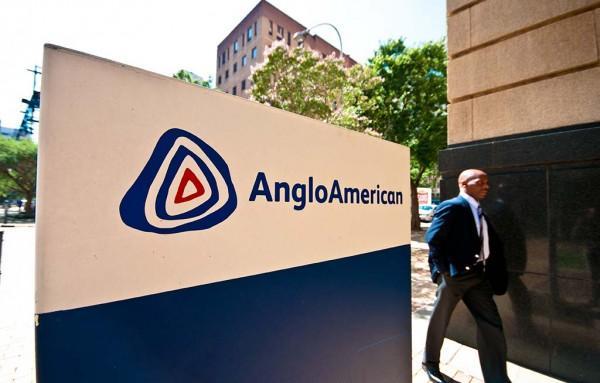Business
Diamonds Are Forever… or Are They? Anglo American’s De Beers Dilemma Hits a Nerve in Southern Africa

A New Anglo, An Old Problem
Anglo American is on a mission to reimagine its future, cutting loose some of its legacy businesses and aligning itself with tomorrow’s resources, think copper, iron ore, and crop nutrients. But there’s one glittering relic of the past that just won’t let go: De Beers.
The diamond giant, once synonymous with romance and rarity, has become the Achilles’ heel of Anglo’s bold restructuring plan. And now, Botswana—one of the key players in the partnership is putting its foot down.
De Beers: From Global Powerhouse to Stubborn Luggage
For more than a century, De Beers was the name that defined diamonds. It didn’t just mine them; it controlled the global supply, shaped pricing, and marketed the dream that a “diamond is forever.” But that dream is now up against a tough, modern rival: lab-grown diamonds.
Synthetic stones, made in high-tech labs using the same chemical processes that occur in nature, are now stealing market share fast. What was once a niche is now more than 20% of global diamond jewellery sales—and climbing. For a generation less obsessed with tradition and more mindful of cost, ethics, and climate, the lab-made option just makes sense.
This has sent natural diamond prices tumbling, and with them, De Beers’ shine.
Anglo’s Big Bet and Botswana’s Bigger Problem
At the helm of Anglo American, CEO Duncan Wanblad has been charting a new course. The company has spun off its platinum business (now trading as Valterra), sold its nickel operations for R9.2 billion, and is racing toward a leaner, high-margin future dubbed “Anglo 2.0.”
But selling De Beers has proven far tougher than anticipated.
For one, potential buyers are hesitant. The long-term viability of natural diamonds is murky, and with prices under pressure, few want to bet on a fading empire.
And then there’s Botswana.
The government owns 15% of De Beers and is deeply entwined in its success. Diamonds account for roughly a third of the country’s revenue and dominate its export economy. But lately, those revenues have shrunk, and frustration is mounting.
President Duma Boko didn’t mince words this week, saying, “De Beers is not doing its job,” while on a visit to Lesotho. He hinted that something “drastic” could happen before the end of the year.
Behind the scenes, Botswana is exploring its options, including buying Anglo’s majority stake. The catch? Botswana claims it hasn’t even been consulted properly. The government has hired Swiss advisers and is asserting its pre-emptive rights in the deal, signaling a looming standoff with Anglo.
More Than a Sale, It’s a Question of Legacy
In Johannesburg’s financial circles, Anglo American is still seen as a legacy powerhouse one that once held sway over more than half the JSE. But in today’s world of BHPs, Glencores, and green transitions, it’s having to hustle to stay relevant.
Shedding De Beers isn’t just about letting go of diamonds, it’s symbolic of Anglo’s evolution. Yet letting go of a brand so deeply tied to love, luxury, and African identity is proving as emotionally complex as it is financially tricky.
And let’s not forget: De Beers isn’t just an old business. It’s our business. For decades, its fortunes were tied to southern Africa’s own development stories, particularly in Botswana and South Africa. The legacy, the jobs, the politics, they’re not so easy to offload.
A Future Without Diamonds?
If Anglo manages to sell De Beers, it may well become a higher-margin, more focused player in the global mining scene. But the road there is bumpy.
The question now is whether De Beers can reinvent itself or whether Botswana will take matters into its own hands.
As synthetic diamonds sparkle ever brighter on global fingers, the question isn’t just whether Anglo can sell. It’s whether anyone still believes that natural diamonds are worth holding onto.
What Locals Are Saying
On South African and Botswana social media, sentiment is mixed.
“De Beers made billions from Africa. Now that the market is tough, they want out?” wrote one X user from Gaborone.
Others see Anglo’s pivot as smart. “Copper, not diamonds, is the future. Anglo’s playing chess, not checkers,” commented a Joburg-based analyst on LinkedIn.
Only time will tell who’s making the right move. But one thing’s clear: this isn’t just a business story. It’s a battle over value, legacy, and the future of African minerals.
{Source: Daily Investor}
Follow Joburg ETC on Facebook, Twitter , TikTok and Instagram
For more News in Johannesburg, visit joburgetc.com


























